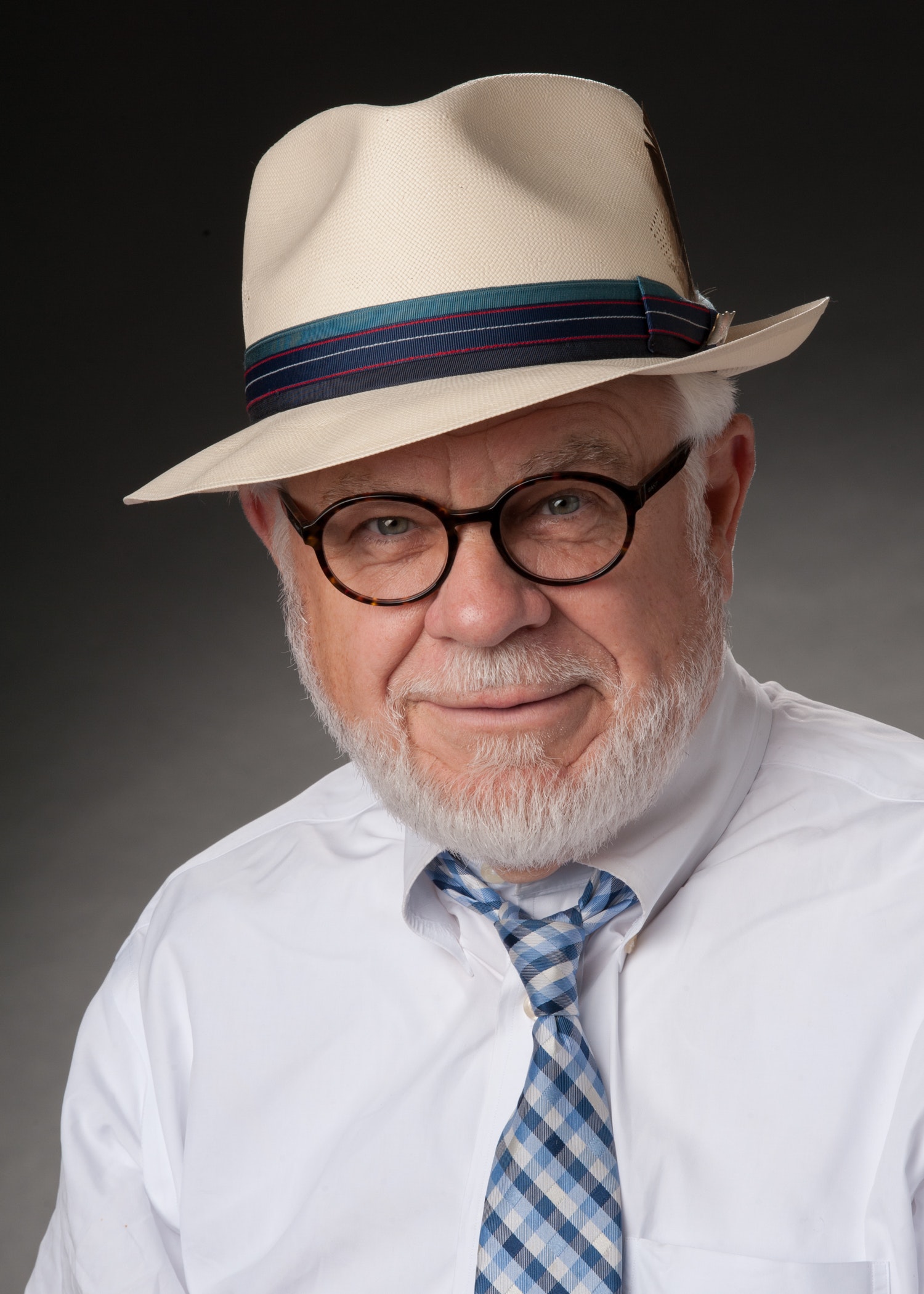State lawmakers who are practicing attorneys have the latitude to postpone legal proceedings in cases they handle if it interferes with their legislative duties.
But an outspoken chorus of critics who’ve opposed attorney-legislators in courtrooms say elected officials moonlighting as lawyers have abused the delays, known as legislative continuances.
Louisiana senators and state representatives representing clients in court cases need no justification to request a freeze of proceedings during legislative sessions and during the 30-day periods before and after the Legislature convenes, according to a provision in state law. If lawmakers file their ex-parte motions for continuance at least five days before a court date, judges must grant them within 72 hours, even if opposing attorneys in the case haven’t had a chance to respond.
Proponents of legislative continuances say it’s a necessary tool that must exist so attorneys can maintain their practices while keeping up with legislative duties. Critics say the current statute empowers attorney-legislators with too much carte-blanche leeway to bring cases to a standstill and draw them out for years with unnecessary continuances. A pair of Shreveport-Bossier attorneys say two state lawmakers exploited the statute to give themselves an unfair advantage in a Caddo Parish personal injury lawsuit.
This week, the state Supreme Court will hear arguments from the two attorneys, who are challenging the constitutionality of the state law that allows for legislative continuances.
Joseph Gregorio and Cole Sartin represent a Caddo Parish woman who’s seeking civil damages for injuries she suffered in a June 2018 crash. The plaintiff in April 2019 sued the teenage driver who rear-ended her. Seventeen months later, a 1st Judicial District Court judge ruled that the teen was liable and his father, who owned the SUV he was driving at the time, was vicariously negligible. A trial was set to begin in March 2021 to determine the cause and extent of damages.
But the father and son hired then-State Rep. Alan Seabaugh to defend them in the lawsuit. Michael Melerine, a young attorney from Seabaugh’s Shreveport law firm, served as his co-counsel.
Gregorio and Sartin allege a key piece of the duo’s legal defense was using Rep. Seabaugh’s political seat as a tool to stall. They said he asked for and received numerous legislative continuances that postponed the trial date, overrode the judge’s scheduling orders for the case, and blew up deadlines for depositions and other pre-trial matters.
The trial is currently slated to begin Oct. 21. But Seabaugh was elected to the Louisiana senate on Oct. 14, 2023, the same day Melerine won a seat in the State House. Both won four-year terms in the Legislature.
Five days after they prevailed in the October primary, Gregorio and Sartin filed their motion for a summary judgement in the Caddo Parish lawsuit, asking a judge to rule the state’s legislative continuance statute unconstitutional. They argued that both of the defendant’s attorneys could use their seats to drag the case out for at least another four years.
“This statute leaves the courts with no discretion whatsoever in considering a motion for continuance under its provisions,” their motion stated. “The legislator’s continuance is available to a legislator or legislative employee regardless of need, even if there are other attorneys of record available to handle the proceeding/deadline at issue.”
The Louisiana Attorney General’s Office has joined Seabaugh and Melerine in opposing Gregorio and Sartin’s bid to outlaw legislative continuances. District Judge Chris Victory, who is presiding over the ongoing civil lawsuit, denied their motion after listening to arguments in February.
In his order, the judge determined Gregorio and Sartin failed to “clearly and convincingly” show any constitutional provisions that restrict attorney-legislators from invoking the continuances. He ruled that the statute only gives lawmakers a temporary, time limited postponement and doesn’t “usurp the judiciary’s constitutional authority,” as the plaintiff attorneys alleged in their motion.
Gregorio and Sartin challenged Judge Victory’s ruling and the Second Circuit Court of Appeal denied their writ April 19. The Louisiana Supreme Court granted them a review in June and justices are set to hear arguments during a hearing Thursday morning.
While some are trying to rein in legislative continuances, lawmakers on the other side of the argument have made several attempts in recent years to expand the scope of their powers. The latest of which was a bill that Seabaugh crafted himself during the regular session earlier this year. It sought to give attorney-lawmakers a wider time-window to request the continuances and proposed an option for forcing opposing attorneys pay legal fees for challenging their motions.
After the measure unanimously passed through both state chambers, Gov. Jeff Landry vetoed the bill in June. Similar bills in previous years got wide support in the State House but stalled in the senate.
One of those was a measure State Rep. Kyle Green Jr. (D-Marrero) put on the floor in 2022. Delayed litigation
Jennifer Prescott, who battled Green in a years-long civil suit in Ascension Parish, said many of the provisions in his bills came directly from their case. Prescott filed a brief earlier this month supporting Gregorio and Sartin’s writ to the state Supreme Court. In her brief, Prescott said Green filed 10 legislative continuances, causing 2 ½ years of delays before her client won a judgement in a bench trial.
Prescott indicated the tactics drove up legal costs, clogged the court’s docket and was another “great example of delayed justice and prolonged anguish.” She urged justices to take action to “prevent further gamesmanship.”
